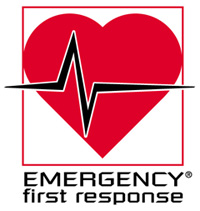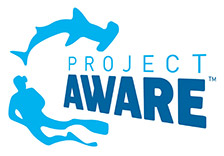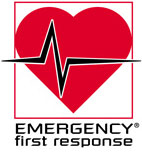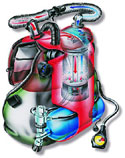 |
|
 |
|||||||||
| Emergency First Response | |||||||||
|
|||||||||
| Latest News |
|
| view all |
| Latest Events |
|
| view all |
 |
DAN stands for Divers Alert Network, or as it is familiarly known the 'diver's safety net' DAN was born in 1980 following the initiative of certain scientists and university professors of international standing, in the USA and in Italy, who had understood that the managing of a diving emergency requires a special knowledge, not commonly found as part of normal medical structures. |
 |
 |
 |
 |

 Emergency First Response courses encompass adult, child and infant CPR and first aid skills, and incorporate Automatic External Defibrillator (AED) training and emergency oxygen use. Emergency First Response also offers comprehensive First Aid at Work courses, specifically designed to meet compliance standards for workplace safety courses internationally. Emergency First Response courses are flexible in design to accommodate scheduling and training needs. They can be taught together or alone in any combination.
Emergency First Response courses encompass adult, child and infant CPR and first aid skills, and incorporate Automatic External Defibrillator (AED) training and emergency oxygen use. Emergency First Response also offers comprehensive First Aid at Work courses, specifically designed to meet compliance standards for workplace safety courses internationally. Emergency First Response courses are flexible in design to accommodate scheduling and training needs. They can be taught together or alone in any combination.










